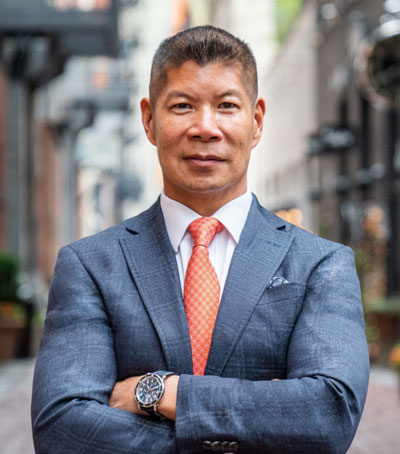
CURE auto insurance, a not-for-profit car insurer doing business in New Jersey and Pennsylvania, announces it has been granted a license to expand into Michigan starting today, when the latest no-fault reforms take effect.
CURE, which is headquartered in Princeton, N.J., says its studies project a savings of up to 50 percent from Michiganders’ current rates. Most notably, CURE does not use credit scores to rate drivers. As part of its expansion, CURE has plans for a new location in Detroit with 100-200 employees.
“We could not be happier to make this announcement, which has been years in the making,” says Eric S. Poe, CEO of CURE, who says he set his sights on this expansion back in May 2019, when the no-fault and personal injury protection reform bills were first signed into law.
“We want to thank the Michigan Department of Insurance and Financial Services for its thorough review of our application, as well as the governor’s and Legislature’s relentless mission to stop the abuse plaguing Michigan car insurers for over four decades.”
Poe has crusaded to create a nationwide ban on the discriminatory use of income proxies such as education, occupation, and credit score in setting rates.
“We look forward to joining and working together with the business community in Michigan and making a difference in the lives of residents statewide,” Poe says.
CURE was founded in 1990 by former New Jersey Insurance Commissioner James J. Sheeran and insurance expert Lena Chang. Originally heralded as the “cure” for the auto insurance crisis in New Jersey, the CURE business model is different from most insurance companies in many ways, Poe says. The insurer prioritizes how a person drives versus social or economic status.
More information can be found here.





